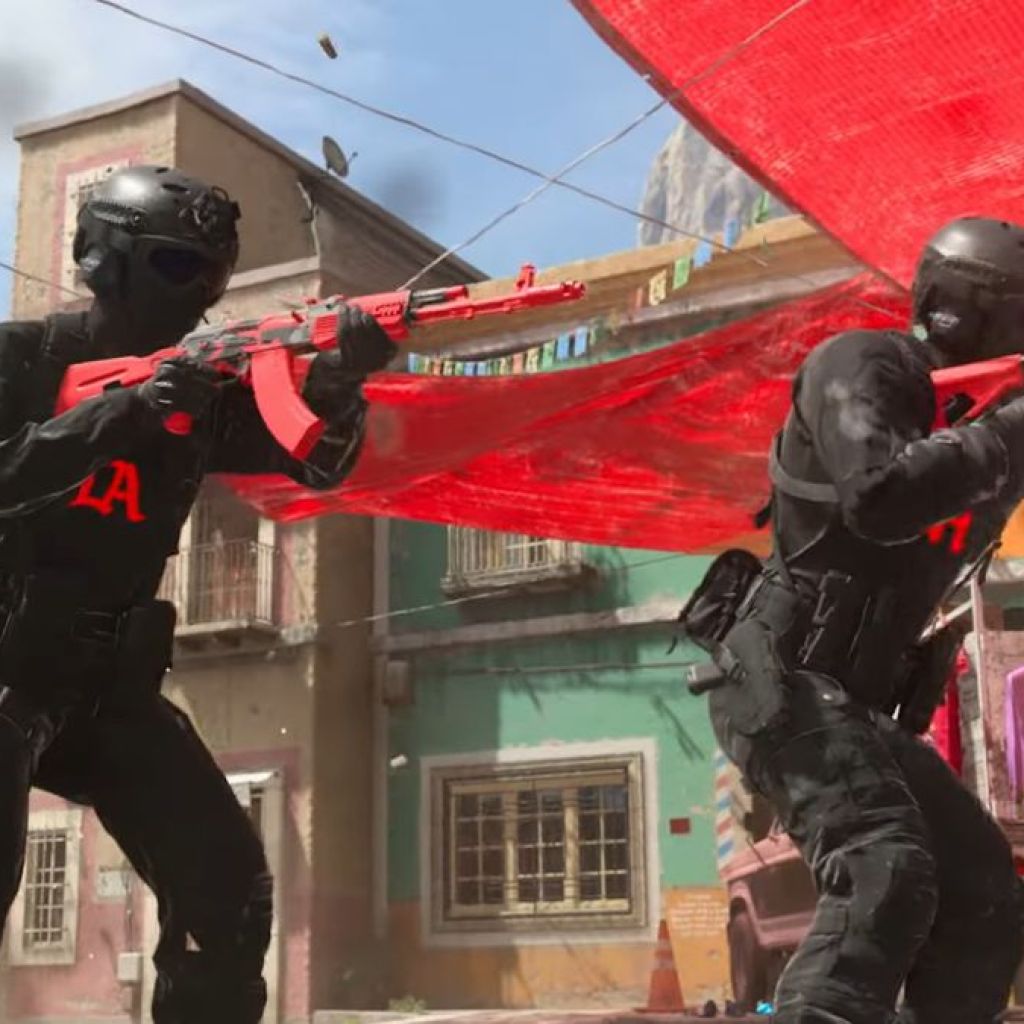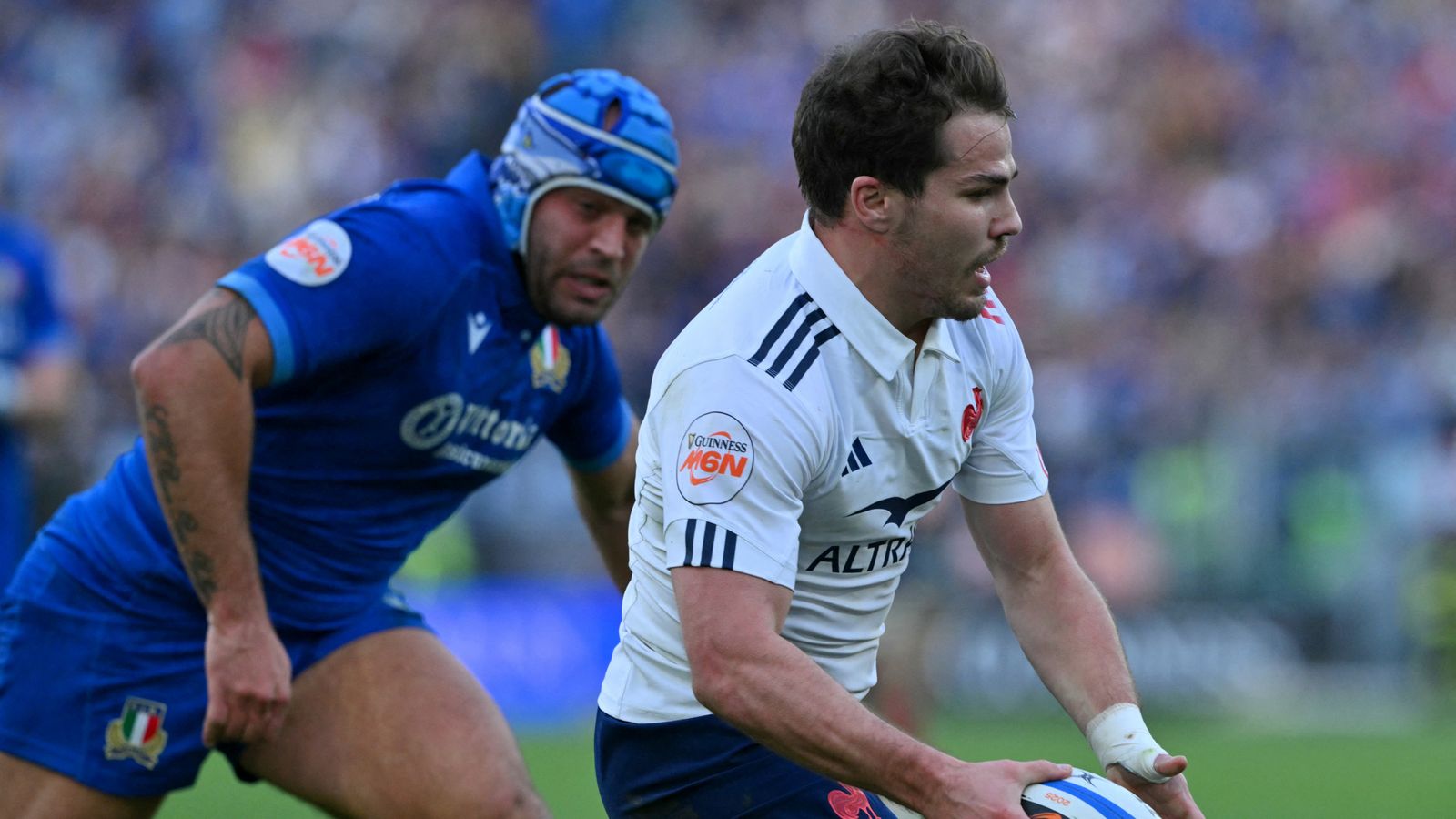FTC Challenges Court Ruling On Microsoft's Activision Blizzard Acquisition

Table of Contents
The Initial Court Ruling and its Rationale
A US District Court judge initially dismissed the FTC's attempt to block Microsoft's $69 billion acquisition of Activision Blizzard. The judge's decision, handed down in June 2023, concluded that the FTC hadn't presented sufficient evidence to demonstrate that the merger would substantially lessen competition in the video game market.
- Key arguments presented by Microsoft in court: Microsoft argued that the acquisition would benefit gamers by expanding access to games and accelerating innovation. They emphasized their commitment to bringing Activision Blizzard's popular titles, including Call of Duty, to more platforms.
- Evidence presented by Microsoft to support its case: Microsoft presented data showcasing the competitive nature of the gaming market and argued that the acquisition wouldn't lead to a monopoly. They also highlighted their plans to continue licensing Call of Duty to competitors.
- The judge's assessment of the competitive impact of the merger: The judge ultimately agreed with Microsoft's assessment, concluding that the evidence presented by the FTC was insufficient to prove a substantial lessening of competition.
- Mention of any dissenting opinions or concerns raised by the judge: While the judge ultimately ruled in favor of Microsoft, some concerns regarding potential future market impacts were acknowledged but deemed insufficient to block the acquisition at that stage.
The FTC's Appeal and its Arguments
The FTC, however, disagreed with the court's decision and filed an appeal, arguing that the judge misconstrued crucial evidence. The FTC maintains that the merger would give Microsoft an unfair competitive advantage, particularly concerning the immensely popular Call of Duty franchise.
- Specific antitrust violations the FTC alleges: The FTC alleges that the acquisition would violate antitrust laws by reducing competition and potentially leading to higher prices and less innovation in the gaming industry.
- Evidence presented by the FTC to support their claims: The FTC's evidence focuses on Call of Duty's market dominance and the potential for Microsoft to make it exclusive to its own platforms, thereby harming competitors and consumers.
- The FTC's focus on potential harm to consumers: The FTC’s argument centers on the potential negative impact on consumers, claiming that reduced competition could result in higher prices for games, less innovation, and a decline in the overall quality of gaming experiences.
- The FTC's strategy and likelihood of success on appeal: The FTC's strategy relies on highlighting the potential for anti-competitive behavior, particularly regarding Call of Duty. The likelihood of success hinges on successfully demonstrating that the original court misinterpreted or overlooked crucial evidence of anti-competitive actions.
Implications for the Gaming Industry and Consumers
The FTC's challenge has significant implications for the gaming industry and consumers alike. The outcome will shape the competitive landscape and potentially influence future mergers and acquisitions in the sector.
- Potential scenarios if the FTC succeeds in its appeal: A successful appeal could result in the deal being blocked entirely, forcing Microsoft to abandon its pursuit of Activision Blizzard. This would significantly reshape the gaming landscape and alter Microsoft's gaming strategy.
- Potential scenarios if the FTC fails in its appeal: If the appeal fails, Microsoft's acquisition will go ahead, potentially leading to significant changes in the way games are developed, distributed, and priced. This would solidify Microsoft's position in the gaming market.
- Impact on Microsoft's gaming strategy: The outcome will dramatically influence Microsoft's gaming strategy, impacting its investment in game development, its expansion into new gaming markets, and its overall competitive positioning.
- Effect on Activision Blizzard's independence and future titles: Activision Blizzard's future development and independence will be directly affected by the outcome of the legal battle, influencing the development and release of future titles.
The Role of Call of Duty in the Dispute
Call of Duty is central to the FTC's case. Its massive popularity and market dominance make it a key factor in the antitrust debate.
- The FTC's concerns about Call of Duty exclusivity: The FTC's primary concern revolves around the possibility of Microsoft making Call of Duty exclusive to its Xbox platform and Game Pass subscription service.
- Microsoft's pledges regarding Call of Duty's availability: Microsoft has repeatedly pledged to continue making Call of Duty available on PlayStation consoles, seeking to mitigate the FTC's concerns.
- Market analysis of Call of Duty's competitive landscape: Analyzing the competitive landscape of Call of Duty is crucial in assessing the potential harm to consumers if the game were to become exclusive to Microsoft platforms.
Potential Outcomes and Future Steps
The legal battle’s outcome remains uncertain. The FTC's appeal could take months or even years to resolve.
- Possible scenarios and their likelihood: Possible outcomes range from a complete reversal of the initial ruling to an affirmation of the court's decision. The likelihood of each scenario depends on the strength of the evidence presented by both sides and the interpretation of the relevant antitrust laws.
- The role of other regulatory bodies internationally: Regulatory bodies in other countries are also monitoring the situation, potentially impacting the outcome. Decisions made in other jurisdictions could influence the legal trajectory in the US.
- Long-term effects on merger and acquisition activity in the gaming sector: This case will set a precedent for future mergers and acquisitions in the gaming sector, significantly influencing how such deals are evaluated and regulated.
Conclusion
The FTC's challenge to the court ruling on Microsoft's Activision Blizzard acquisition represents a significant turning point in the antitrust debate within the gaming industry. The outcome will have far-reaching consequences for competition, consumer access to games, and the future of mergers and acquisitions in the sector. The focus on Call of Duty highlights the strategic importance of key franchises and their potential impact on market competition.
Call to Action: Stay informed on the latest developments in this ongoing legal battle by following our coverage of the FTC's challenge to Microsoft's Activision Blizzard acquisition. Understanding the intricacies of this case is crucial for anyone interested in the future of the gaming industry and its competitive landscape.

Featured Posts
-
 Analysis Duponts 11 Points Power France Past Italy In Rugby
May 02, 2025
Analysis Duponts 11 Points Power France Past Italy In Rugby
May 02, 2025 -
 Liverpools Contract Offer To Salah A Potential Stalemate
May 02, 2025
Liverpools Contract Offer To Salah A Potential Stalemate
May 02, 2025 -
 Escape To Little Tahiti Italy A Beach Vacation Itinerary
May 02, 2025
Escape To Little Tahiti Italy A Beach Vacation Itinerary
May 02, 2025 -
 Fortnite Fans Furious Over Latest Item Shop Update
May 02, 2025
Fortnite Fans Furious Over Latest Item Shop Update
May 02, 2025 -
 La Laport
May 02, 2025
La Laport
May 02, 2025
